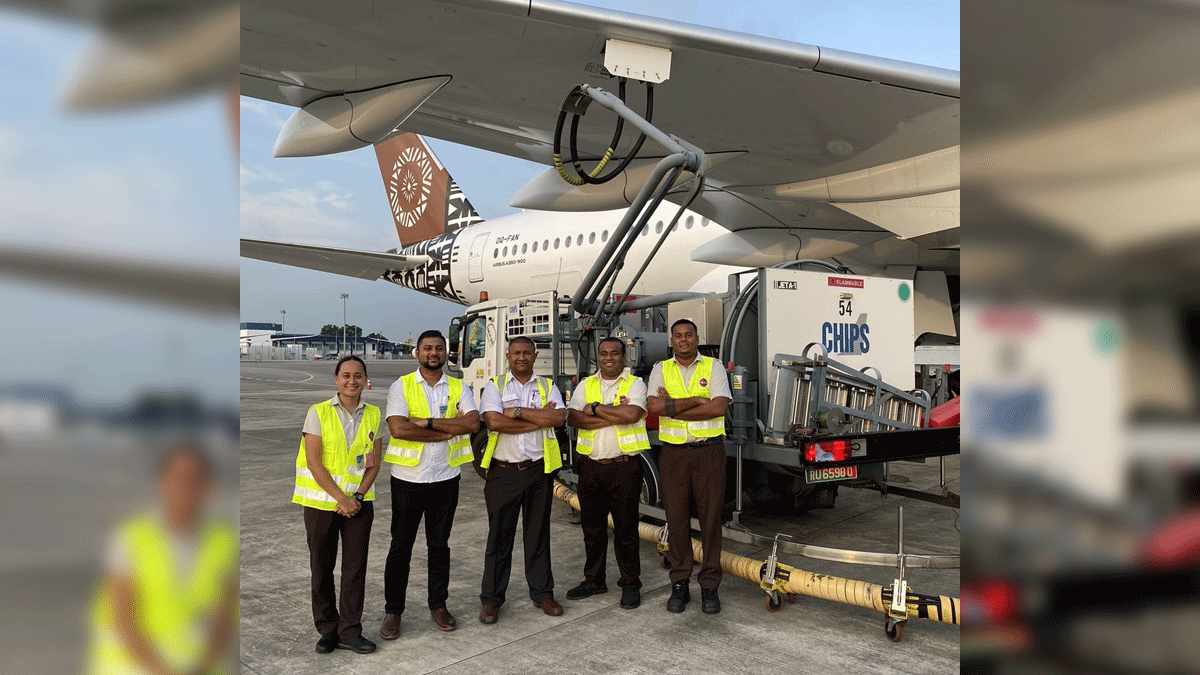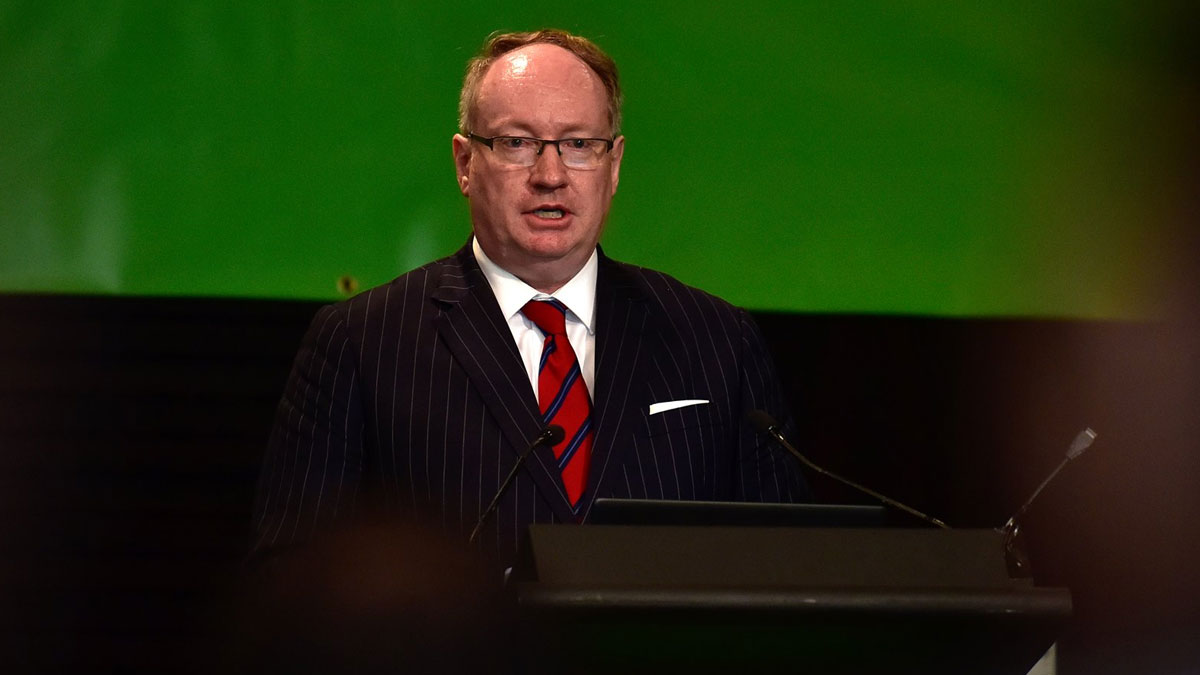
Our international carrier, Fiji Airways is today celebrating the arrival of their fourth Airbus A350-900 XWB named the Island of Vatulele, which has touched down at Nadi International Airport.
While welcoming the new plane, Fiji Airways Managing Director and CEO, Andre Viljoen says the Island of Vatulele is identical to the Island of Beqa, which they received three weeks ago; a state-of-the-art aircraft that sets the standard for commercial aviation.
Viljoen says it’s a world leader in long-range flights, and with modern features for customer comfort, efficiency, more seats and cargo capabilities – it is the best choice for Fiji Airways.
He says with this delivery today, they are proud to have 4 state-of-the-art, Airbus A350-900 Xtra Wide Body aircraft in our fleet – a massive achievement for an airline our size.
Meanwile this A350, is the first of Fiji Airways aircraft to use a blend Sustainable Aviation Fuel or SAF.
It arrived into Nadi, from Singapore, having flown the entire 8,520 km journey powered by a blend of conventional Jet Fuel and Sustainable Aviation Fuel.
SAF is a biofuel that has similar properties to conventional jet fuel, but with a much smaller carbon footprint, meaning it has less impact on the environment.
Viljoen says this inaugural SAF-powered flight demonstrates Fiji Airways’ commitment to reducing its carbon footprint and ensuring a sustainable future for aviation.
He says most of Fiji Airways carbon emissions are generated by using conventional jet fuel, so to meaningfully reduce their carbon footprint, they must embrace using a SAF blend (sustainable fuel).
Sustainable aviation fuels are produced from sustainable materials, and produce up to 80 percent less carbon emissions than conventional jet fuel.
The CEO says by using sustainable fuels, Fiji Airways and all airlines can make a significant contribution to the fight against climate change.
For the remainder of this year, on various flights out of Singapore, Fiji Airways will use a SAF blend, and discussions have already begun on securing more for 2024 and onwards.
SAF is still only available in limited supply and is significantly more expensive than conventional jet fuel.
Viljoen says the demand for SAF from the global airline industry far exceeds the current availability and as a result the price is 8 to 10 times higher than conventional jet fuel.
Over time, he hopes SAF will be more abundant in supply and cheaper to source.
Stay tuned for the latest news on our radio stations


